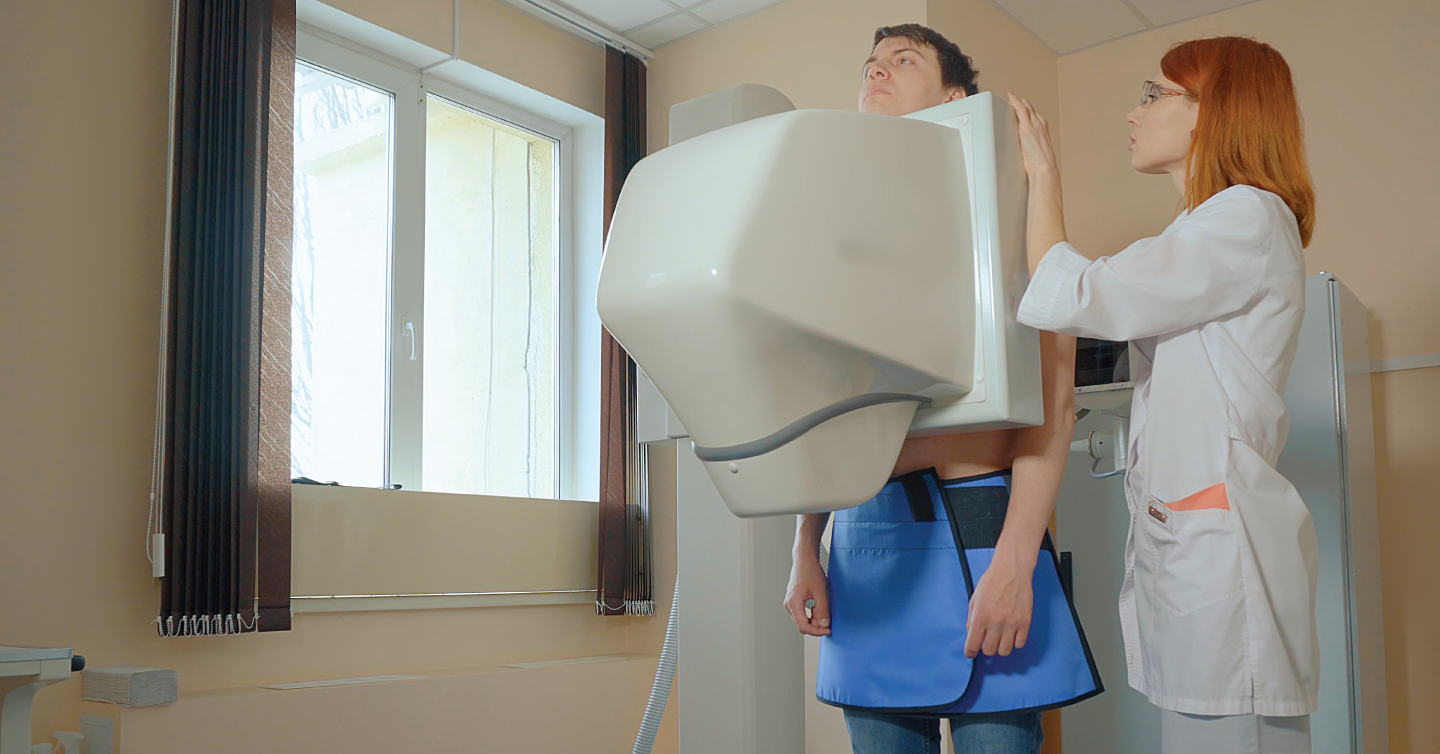Preventing and Detecting Cervical Cancer

Cervical Cancer: Prevention and Detection
The American Cancer Society estimates that about 4,250 women in the U.S. will die from cervical cancer in 2019 and about 13,170 new cases of invasive cervical cancer will be diagnosed.
Cervical Cancer occurs in the cells of the cervix—the lower part of the uterus that connects to the vagina. Human papillomavirus (HPV), a sexually transmitted infection, is the main cause of cervical cancer.
Cervical cancer was once the most common cause of cancer death for American women, but the death rate has dropped significantly with the increased use of testing and the HPV vaccine.
Cervical cancer testing
There are two screening tests that can help detect cervical cancer early.
- The Pap test looks for cell changes to the cervix that might become cervical cancer if not treated.
- The HPV test detects the presence of HPV, the virus that causes cervical cancer.
The U.S Preventive Service Task Force and Network Health advise women ages 21 to 65 be tested for cervical cancer.
- Women ages 21 to 65 should have a Pap test every three years
- Women ages 30 to 65 who wish to lengthen screening intervals should have a Pap test and HPV screening every five years
Cervical cancer vaccination
In 2006, the HPV vaccine was introduced to prevent infections that can cause cervical cancer. According to a recent study, cervical cancer rates for young women fell after the HPV vaccine was introduced.
The Centers for Disease Control and Prevention (CDC) recommends the HPV vaccine for all males and females at ages 11-12 to protect against cancers caused by HPV. The HPV vaccine protects against the types of HPV that cause about 90 percent of cervical cancers.
The HPV vaccine is not currently recommended for women over the age of 26. For women over age 26, the best way to prevent cervical cancer is to get routine screenings. Discuss the vaccine and screenings with your personal doctor to find out what would be right for you.



